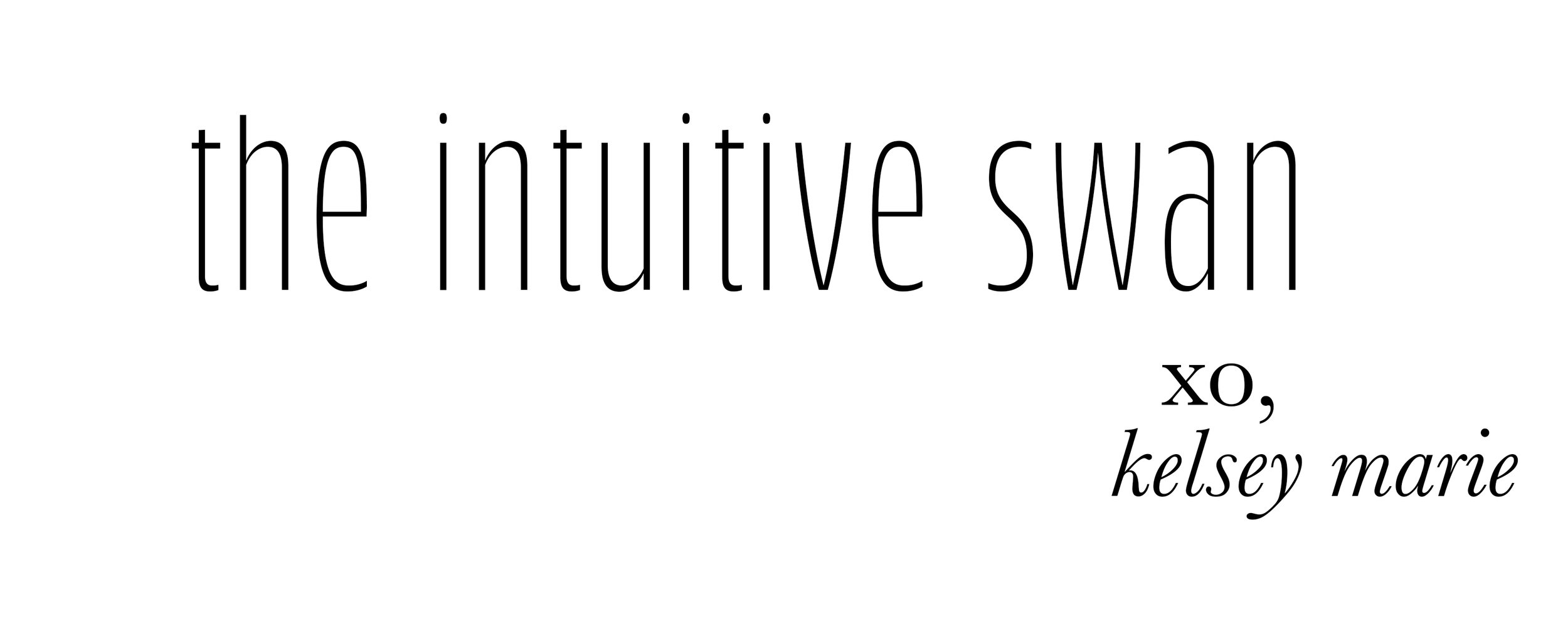COVID-19: how mindfulness can help us cope with anxiety
As someone with a chronic illness, I know what it’s like to worry -- to worry about my health, my job, and my future. While I can’t know for certain how you’re feeling today, I can guess that several weeks of self-quarantining and waves of changes have triggered similar worries and concerns about the evolving impact of COVID-19.
As we try to navigate our anxieties about the coronavirus, there’s one quote that keeps coming to mind. It’s by the Vietnamese Zen master Thich Nhat Hanh:
“When the crowded Vietnamese refugee boats met with storms or pirates, if everyone panicked all would be lost. But if even one person on the boat remained calm and centered, it was enough. It showed the way for everyone to survive.”
When something like the coronavirus threatens to rock the boat, I remind myself that I have the capability to be the person who remains calm and centered -- this capability is strengthened by the simple, but powerful, practice of mindfulness.
To practice mindfulness is to pay attention with care to the thoughts and feelings that arise from our present circumstances. When we choose to observe rather than to immediately judge or react to our circumstances, we create space and silence to acknowledge what our current situation is stirring up. And mindfulness isn’t a practice only to be done on the safe space of our yoga mat or meditation cushion -- it’s a practice cultivated all throughout the day -- especially on the days when fear and uncertainty are at the forefront of our thoughts.
As humans, it’s normal for us to feel afraid -- we’re naturally more focused on the negative because our brains are wired to look for threats and trigger the corresponding alarm bells of anxiety. Reading a news feed riddled with notifications about climbing death rates, cities on lock-downs, and hospitals running low on personal protective equipment plays into this nature, but not in a good way.
When we let fear guide our decisions, choices we’d normally make calmly and rationally are instead made from a place of anxiety and panic. But stocking up on toilet paper won’t exactly inoculate us from the coronavirus and following an endless and contagious news cycle certainly won’t put our minds at ease.
Which is why that left unchecked, the brain’s fear detection system can leave us feeling overwhelmed and out of control -- or at least until we practice mindfulness. When faced with fear -- weather triggered by a virus or not - we have the choice to let it carry us away or to pause and investigate it. When we investigate it we can learn to see it as less of an all-consuming state of being and more as a temporary experience influenced by sensations, thoughts, and feelings.
Mindfulness teaches us to sit with these temporarily unpleasant experiences and explore them without judgement, which in turn, helps us to become less consumed by negative thoughts and worries. When we can acknowledge the why behind a negative thought it becomes easier to notice that how you think almost always determines your experience.
If that experience plays into a sense of fear or dread, why not choose a more rewarding behavior that simply makes you feel better? Why not acknowledge you’re doing the best you can with whatever means are within your control? While there’s no doubt that it’s difficult to step away from the social contagion that triggers our worst-case-scenario thinking (do we really need a six month supply of toilet paper?), it’s not impossible -- I know this because I’ve lived it.
When you’re diagnosed with a late-stage illness like Post-Syndrome Lyme Disease, it takes an incredible amount of willpower to ignore the worst-case-scenario thought that you’ll never get better. While it’s true that patients diagnosed later in their lyme disease have a difficult time finding an effective treatment, I wasn’t necessarily going to be one of them. Through my mindfulness practice, I was learning to stop my brain from spinning those stories of fear and dread based upon inaccurate information or hypothetical situations, and you can too.
Cultivating mindfulness to reduce your anxieties and fears starts with little changes like simply asking yourself questions about why and how you feel. If you touched your face and immediately think you’re already infected with COVID-19, ask yourself: Was I recently out in a public space? When was the last time I washed my hands? I bet you’ll realize that you just recently washed your hands and that the likelihood of getting sick is relatively low.
This is mindfulness in practice. It’s a reminder that we have the power to choose how we respond to our circumstances and hopefully decide to guide our thoughts back to a place of balance, ease, and logical decision making. It teaches us to remember, “however this goes, I’m okay with it.”
While we don’t know what lies ahead, we do know what lies within -- the flexibility and resilience to create a bedrock of comfort amidst waves of uncertainty and change.

